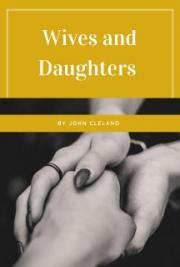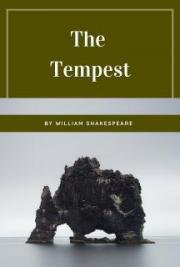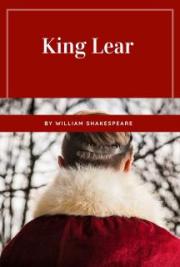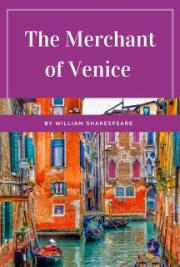Sequel
The rest of the story need not be shown in action, and indeed, would hardly need telling if our imaginations were not so enfeebled by their lazy dependence on the ready-makes and reach-me-downs of the ragshop in which Romance keeps its stock of "happy endings" to misfit all stories. Now, the history of Eliza Doolittle, though called a romance because of the transfiguration it records seems exceedingly improbable, is common enough. Such transfigurations have been achieved by hundreds of resolutely ambitious young women since Nell Gwynne set them the example by playing queens and fascinating kings in the theatre in which she began by selling oranges. Nevertheless, people in all directions have assumed, for no other reason than that she became the heroine of a romance, that she must have married the hero of it. This is unbearable, not only because her little drama, if acted on such a thoughtless assumption, must be spoiled, but because the true sequel is patent to anyone with a sense of human nature in general, and of feminine instinct in particular.
Eliza, in telling Higgins she would not marry him if he asked her, was not coquetting: she was announcing a well-considered decision. When a bachelor interests, and dominates, and teaches, and becomes important to a spinster, as Higgins with Eliza, she always, if she has character enough to be capable of it, considers very seriously indeed whether she will play for becoming that bachelor's wife, especially if he is so little interested in marriage that a determined and devoted woman might capture him if she set herself resolutely to do it. Her decision will depend a good deal on whether she is really free to choose; and that, again, will depend on her age and income. If she is at the end of her youth, and has no security for her livelihood, she will marry him because she must marry anybody who will provide for her. But at Eliza's age a good-looking girl does not feel that pressure; she feels free to pick and choose. She is therefore guided by her instinct in the matter. Eliza's instinct tells her not to marry Higgins. It does not tell her to give him up. It is not in the slightest doubt as to his remaining one of the strongest personal interests in her life. It would be very sorely strained if there was another woman likely to supplant her with him. But as she feels sure of him on that last point, she has no doubt at all as to her course, and would not have any, even if the difference of twenty years in age, which seems so great to youth, did not exist between them.
As our own instincts are not appealed to by her conclusion, let us see whether we cannot discover some reason in it. When Higgins excused his indifference to young women on the ground that they had an irresistible rival in his mother, he gave the clue to his inveterate old-bachelordom. The case is uncommon only to the extent that remarkable mothers are uncommon. If an imaginative boy has a sufficiently rich mother who has intelligence, personal grace, dignity of character without harshness, and a cultivated sense of the best art of her time to enable her to make her house beautiful, she sets a standard for him against which very few women can struggle, besides effecting for him a disengagement of his affections, his sense of beauty, and his idealism from his specifically sexual impulses. This makes him a standing puzzle to the huge number of uncultivated people who have been brought up in tasteless homes by commonplace ordisagreeable parents, and to whom, consequently, literature, painting, sculpture, music, and affectionate personal relations come as modes of sex if they come at all. The word passion means nothing else to them; and that Higgins could have a passion for phonetics and idealize his mother instead of Eliza, would seem to them absurd and unnatural. Nevertheless, when we look round and see that hardly anyone is too ugly or disagreeable to find a wife or a husband if he or she wants one, whilst many old maids and bachelors are above the average in quality and culture, we cannot help suspecting that the disentanglement of sex from the associations with which it is so commonly confused, a disentanglement which persons of genius achieve by sheer intellectual analysis, is sometimes produced or aided by parental fascination.
Now, though Eliza was incapable of thus explaining to herself Higgins's formidable powers of resistance to the charm that prostrated Freddy at the first glance, she was instinctively aware that she could never obtain a complete grip of him, or come between him and his mother (the first necessity of the married woman). To put it shortly, she knew that for some mysterious reason he had not the makings of a married man in him, according to her conception of a husband as one to whom she would be his nearest and fondest and warmest interest. Even had there been no mother-rival, she would still have refused to accept an interest in herself that was secondary to philosophic







